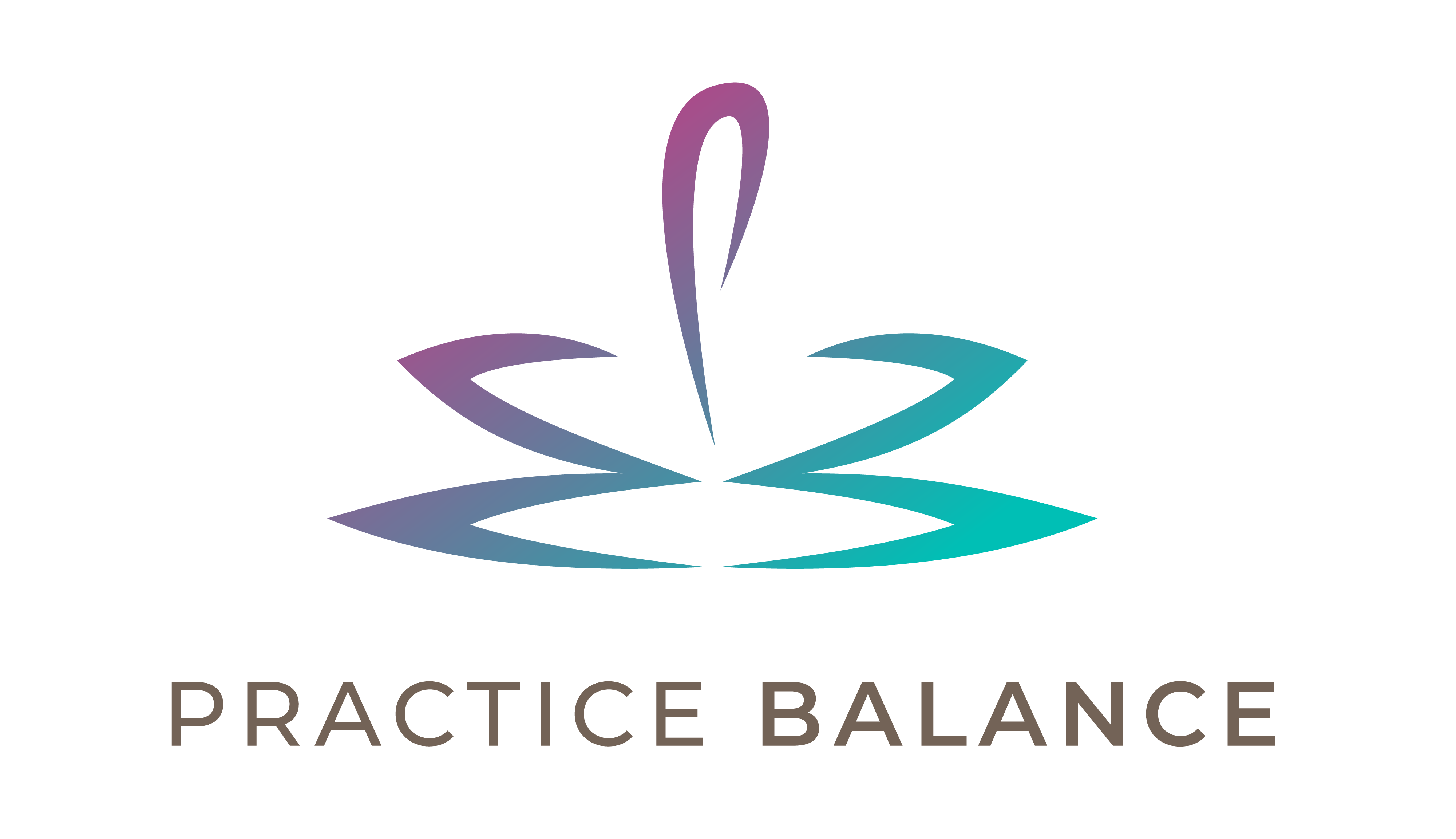My experience
When I was in the throes of burnout and self-care failure, I had a coach. He was the spouse of my residency mentor, a person versed in executive problem solving with a thriving business and book on the subject. My sessions with him were so incredibly insightful; he helped me embark on the self-knowledge journey that I started during my sick leave… which ultimately lead me to starting PracticeBalance!
Yes I have a supportive family. I have a great relationship with my husband, and we openly talk about lots of things. I’ve also seen a therapist during particularly dark times. But until I had a coach, I never realized how powerful it can be to have an objective person listen to you, whose sole job is to listen without judgement, and help you analyze your thoughts.
It’s like, all of a sudden, you gain clarity: on directions, on decisions, on values. Yet YOU are the one who solves your own problems… with some gentle help. I’ve had coaches since, and I have one now.
Is coaching effective?
Coaching, a fixture in the corporate leadership world for some time, is taking off in the physician and professional wellness space. There are coaches for every sort of niche interest: burnout, getting unstuck, negotiations, parenting, weight loss, etc. Not only is it popular to hire a coach, it’s effective. A 2019 study in JAMA found that primary care physicians randomized to a 6 month professional coaching program reported lower rates of emotional exhaustion of overall burnout. A 2020 study in the Journal of Occupational Health Psychology of a six-session coaching intervention found the same. And these studies are now extending to medical students and residents.
Coaching can take place in different settings: group, one-on-one, in person or virtual. Sometimes coaching involves themes, lessons, or mini lectures, and other times it is completely client-led.

Coaching vs. other things
How is coaching different from therapy, or even mentoring? Coaching takes a collaborative approach that is often future-focused and/or goal-focused, usually involving changes in behavior or thought patterns. Therapy tends to focus on past traumas and other experiences as the root causes of behavior or thought patterns. Whereas coaches ask focused questions to help clients gain better self-awareness so as to institute their own changes, mentors offer advice and more concrete guidance.
I’m so happy to have found coaching as another service I can offer to you through PracticeBalance. While I love to teach on self-knowledge and self-care, my approach has been to individualize coaching based on what each client needs: more frequent sessions vs. less frequent sessions, higher structure vs. gently guided conversations. But some things I always suggest are mindfulness techniques and self-knowledge assessments; which ones depend on the individual client’s interests and lifestyle.

Have you ever had a coach – even a traditional coach for athletic performance? What did you learn from the experience? Share your thoughts below in the comments!



 Podcast Interview: The Scope of Practice
Podcast Interview: The Scope of Practice

This is a great article given the explosion of physician coaches— and I believe they are seriously needed!
Thanks for breaking down the difference between mentoring and coaching!
Totally agree, coaching is blowing up in the physician world… and for good reason. COVID really uncovered this (among other needs). Thanks for commenting!